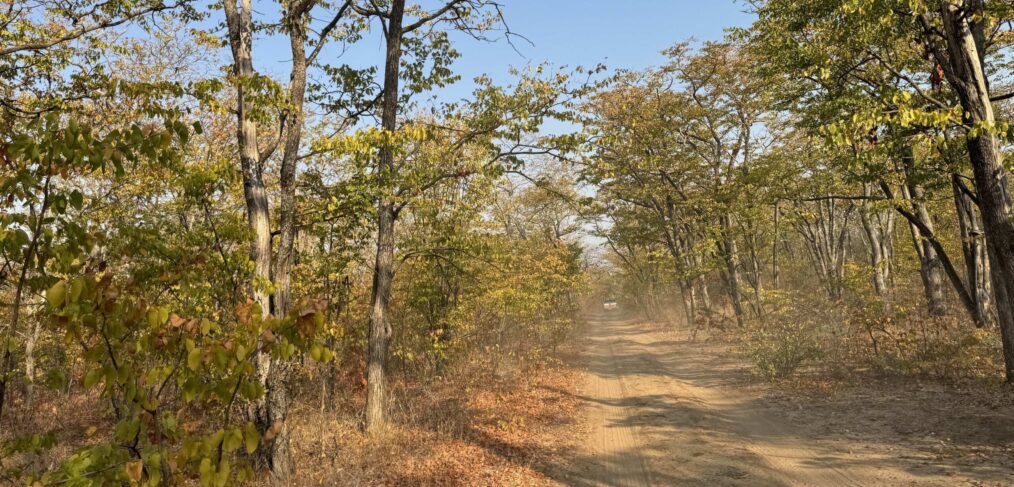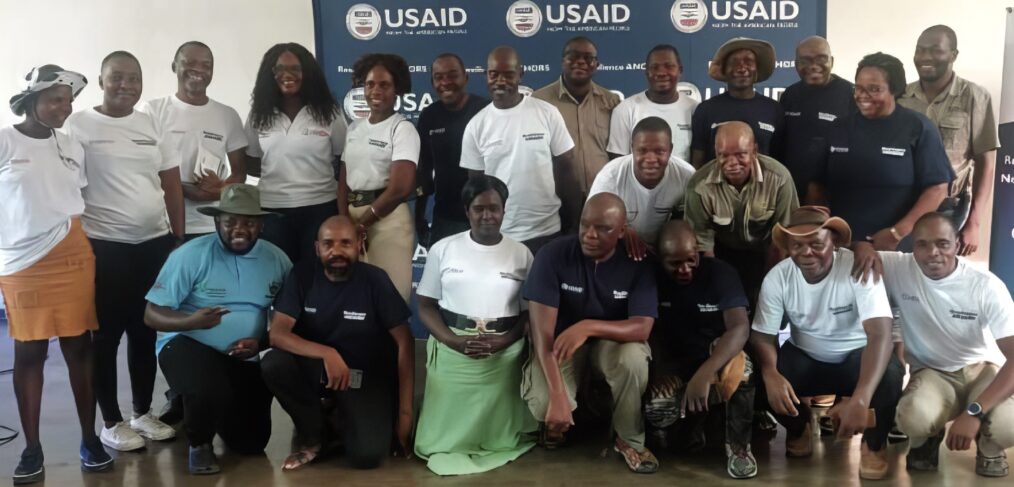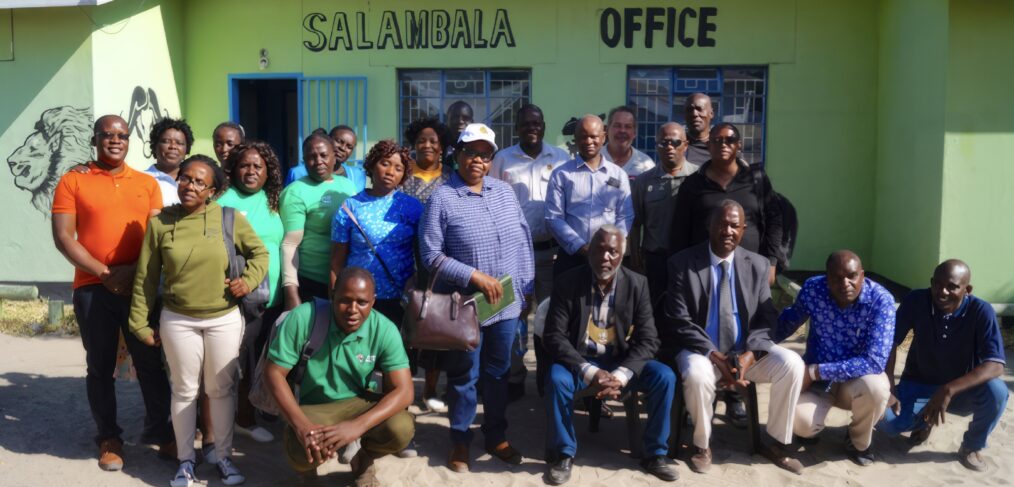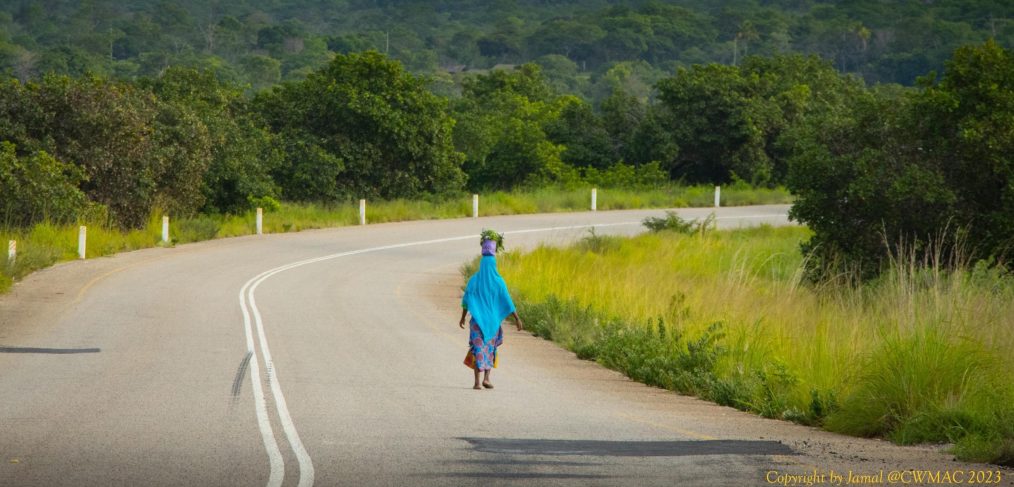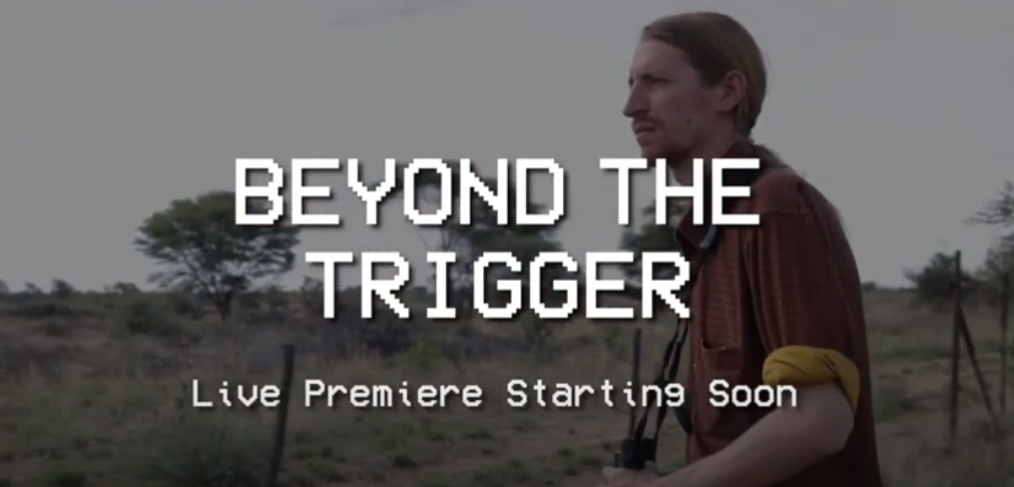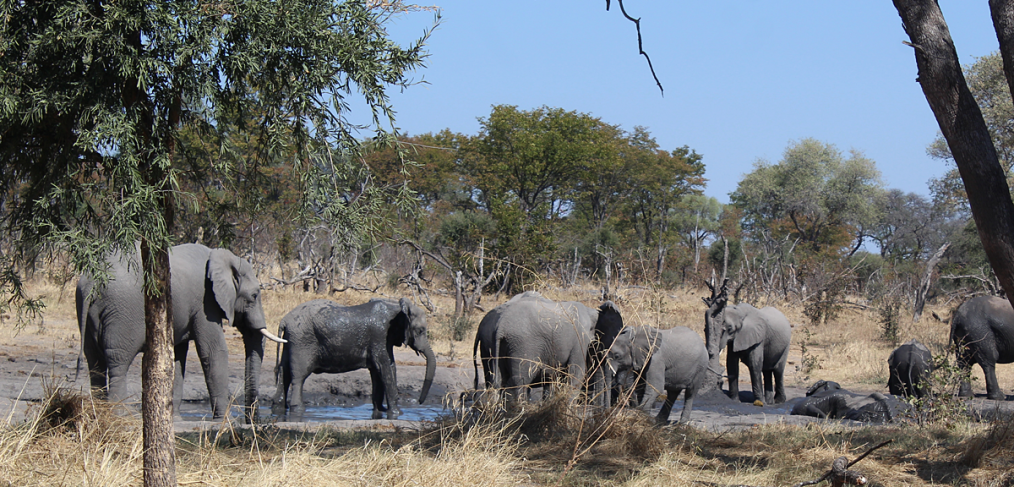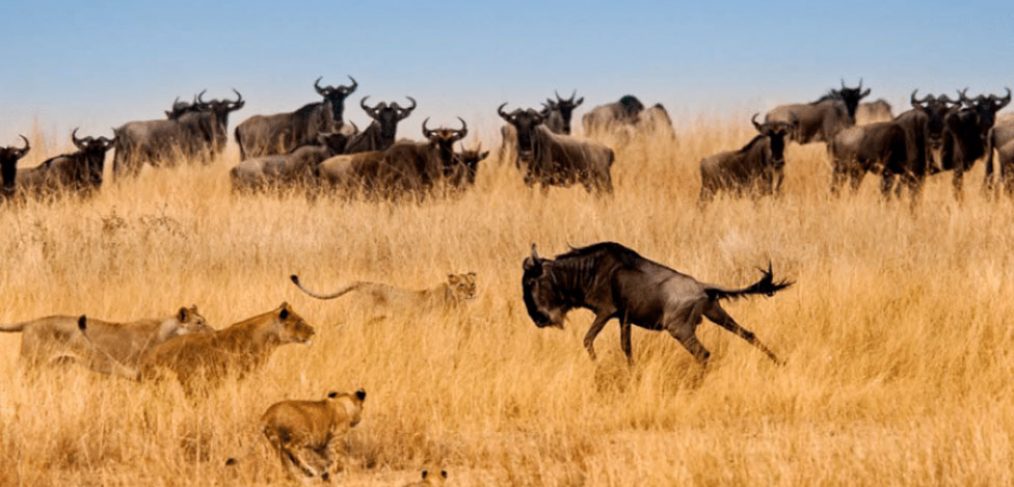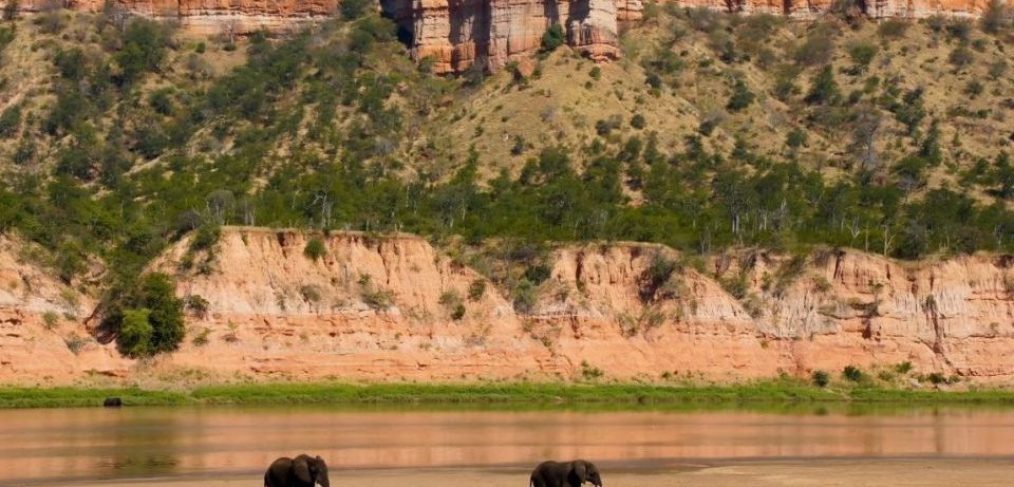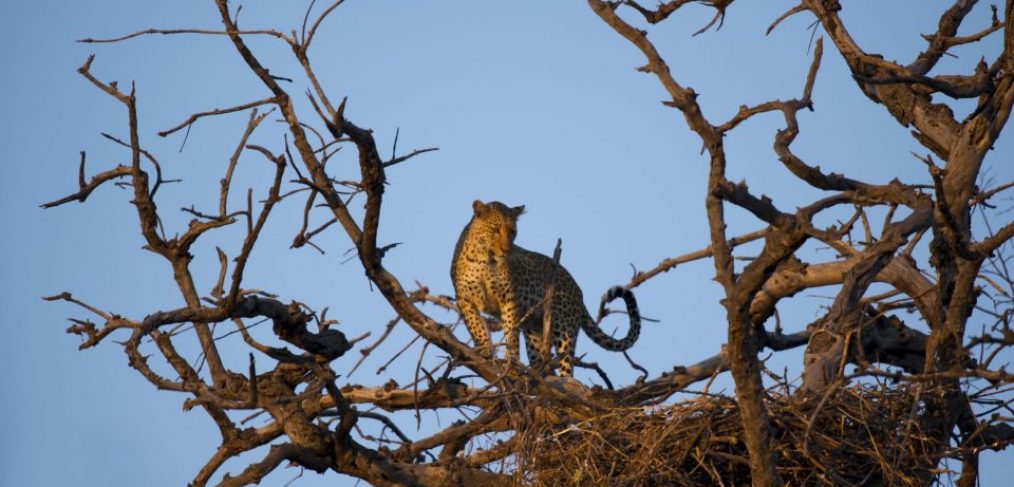Communities in Botswana are looking to grow their hunting market and therefore jumped at the chance to send two representatives to the Dortmund Jagd & Hund hunting exhibition in Germany. As guests of the International Council for Game and Wildlife Conservation (CIC), they joined the Botswana and Zimbabwean Ambassadors to Germany to discuss the role of hunting in African conservation.
Placing communities at the heart of conservation efforts involves not only acknowledging their role as guardians of biodiversity but also recognising them as active participants in conservation initiatives.
In Mozambique, where communities reside in and around all protected areas—covering 25% of the country’s territory—community engagement is critical for supporting the implementation of management plans and enhancing benefit-sharing. For this engagement to succeed, communities must be properly identified, organised, and recognised as institutional partners capable of collaboration.
By Liberty Chauke
Zimbabwe’s Community Areas Management Program For Indigenous Resources (CAMPFIRE) programme was the first of its kind in southern Africa, whereby people living with wildlife became beneficiaries of the sustainable use of wildlife in their areas.
Zimbabwe’s Communal Areas Management Programme for Indigenous Resources (CAMPFIRE) was created in the 1980’s as an important conservation and rural development tool, particularly for the country’s wildlife-rich areas and semi-arid regions, which have very low agricultural potential.
Community Wildlife Management Areas (WMAs) in Tanzania are lands designated for wildlife conservation and managed by rural communities. Every five years, the villages associated with particular WMAs elect leaders to run their Community-Based Organisation (CBO) that is recognised by government as an Authorised Association mandated to manage their WMAs. Well-managed WMAs should achieve the twin goals of wildlife conservation and generating socio-economic benefits for community members.
In less than a week from today, at CITES (COP 19), hosted by Panama City, Panama from 14 to 25 November, the Conference is expected to order a blanket ban on elephant hunting and ivory imports.
“We depend on generating income from elephant hunting which we invest back into the conservation of the species. If we stop hunting elephants, poaching will rise because the conservancy will not have any income to contribute the livelihood of its community.
by Liberty Chauke, CLN member
I was seated listening to the melodious and whistling sounds of birds in the forest. Memories of childhood popped in and took me down memory lane. I grew up in the most respected royal family in
Sustainable use is a functional concept to mediate the tension between human being survival and the need for conservation of biodiversity.


